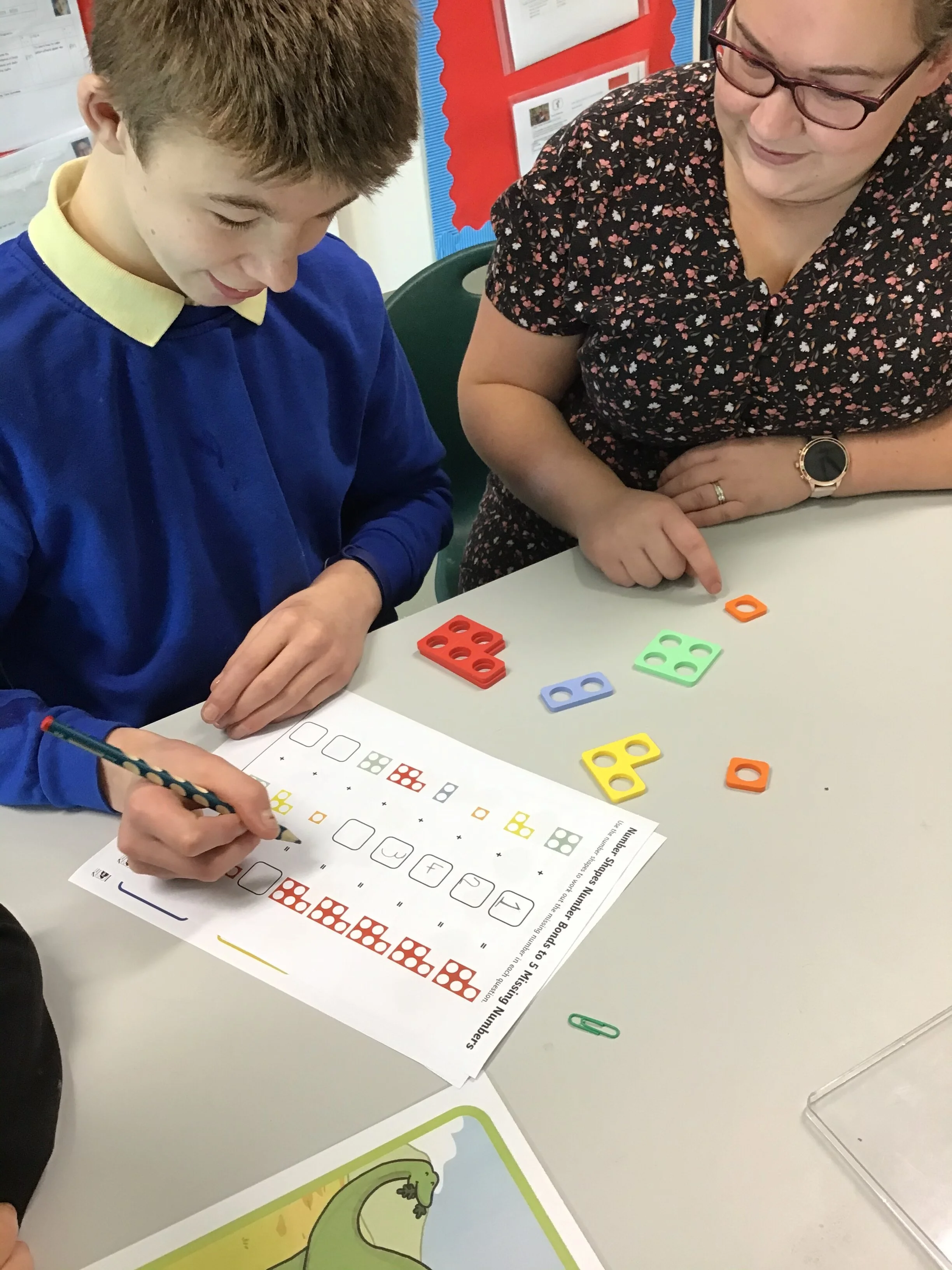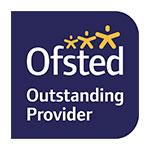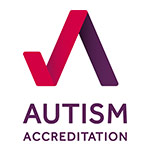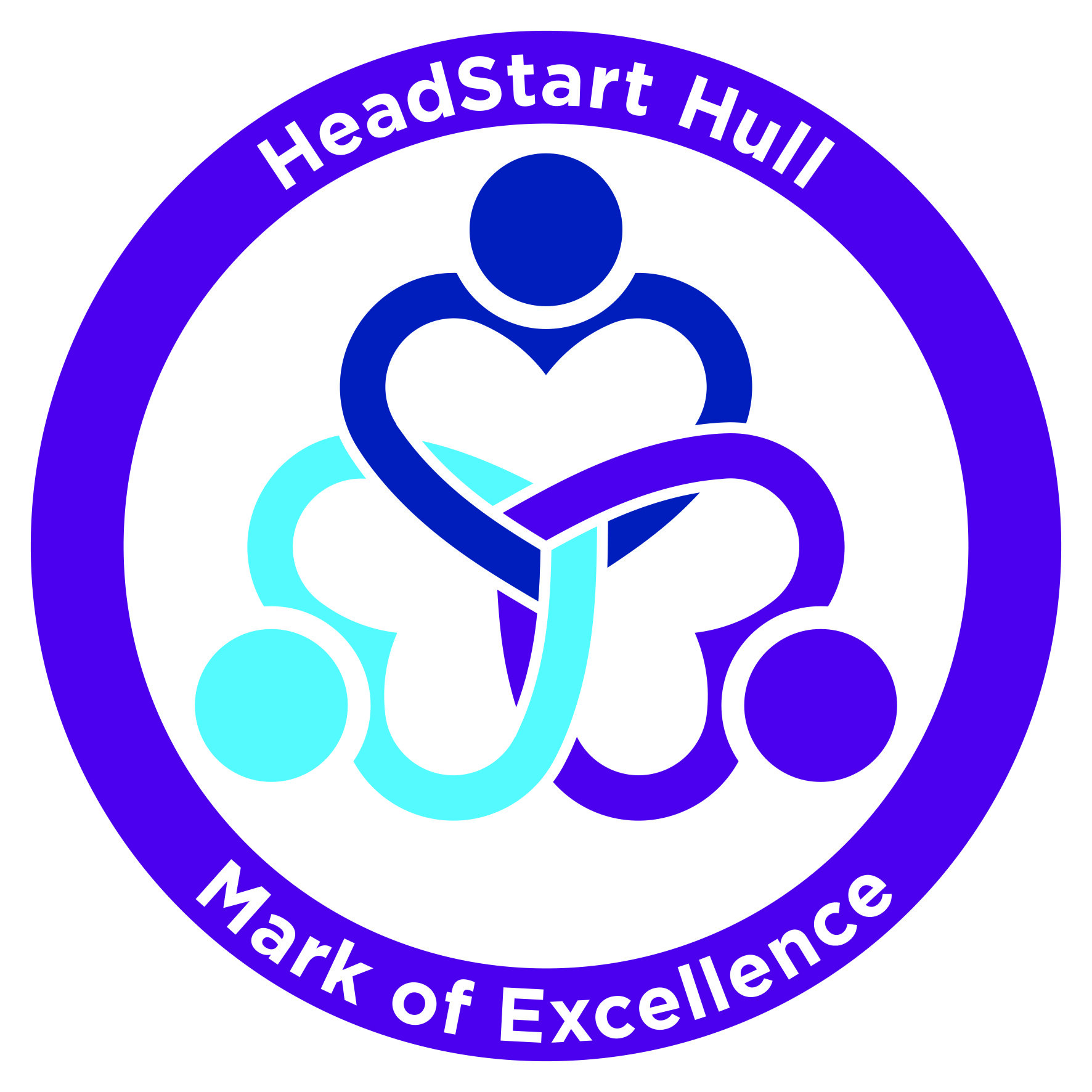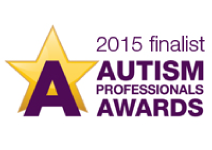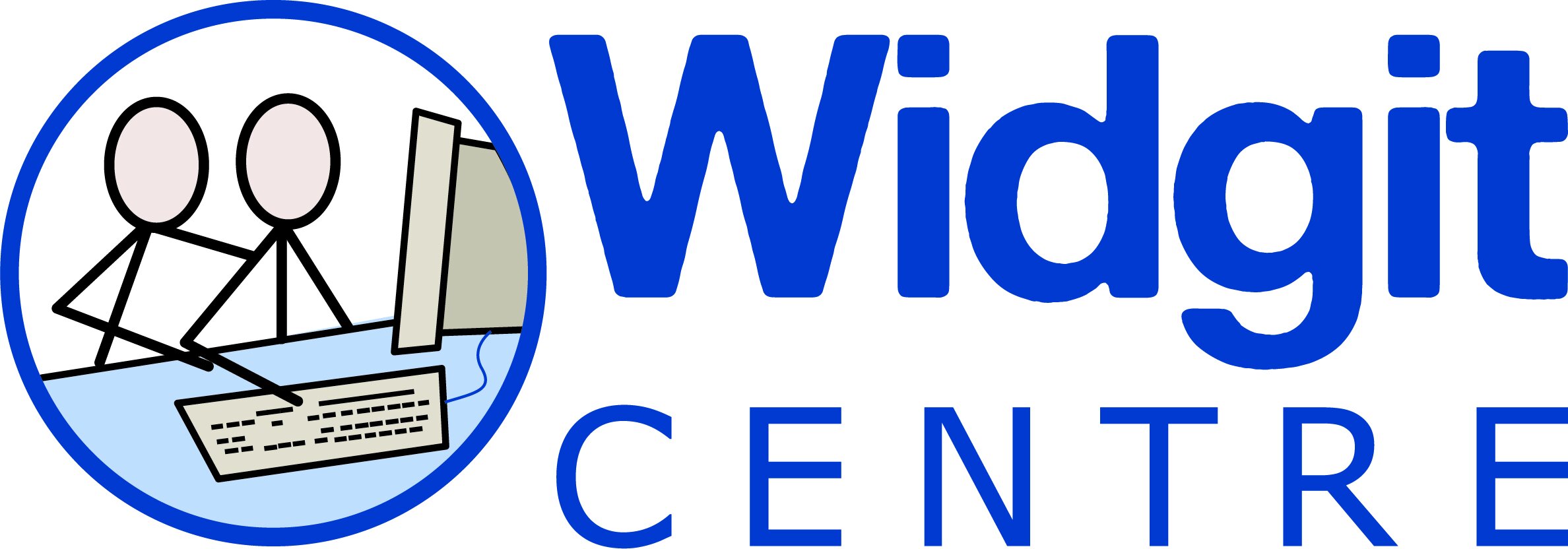Cognition – Maths
Aims:
Our Maths lessons help our pupil really understand maths. We use fun, practical activities to make learning meaningful. We want pupils to solve problems on their own by playing and being creative. This helps them think about space and patterns. Basic maths skills are important as pupils grow up, helping them with everyday tasks.
What Do We Want Our Pupils to Learn?
Our maths lessons are hands-on and use many senses to help pupils learn in real-life situations with support just for them.
Juniors: Learn through play with numbers, shapes, colours, patterns, and space.
Seniors: Continue with dedicated maths lessons covering number, shapes, colours, pattern and space.
Sixth Form: Use basic maths skills in the Prep for Adulthood lessons, showing how maths is used every day.
Beyond Number Skills
Maths teaches more than just numbers. It helps with solving problems, understanding shapes and measurements, and thinking about space and measurement. It also helps pupils see and make patterns, which is important for solving problems early on. Maths is also key for life skills like telling time, shopping, and cooking, helping pupils become more independent as they grow up.


